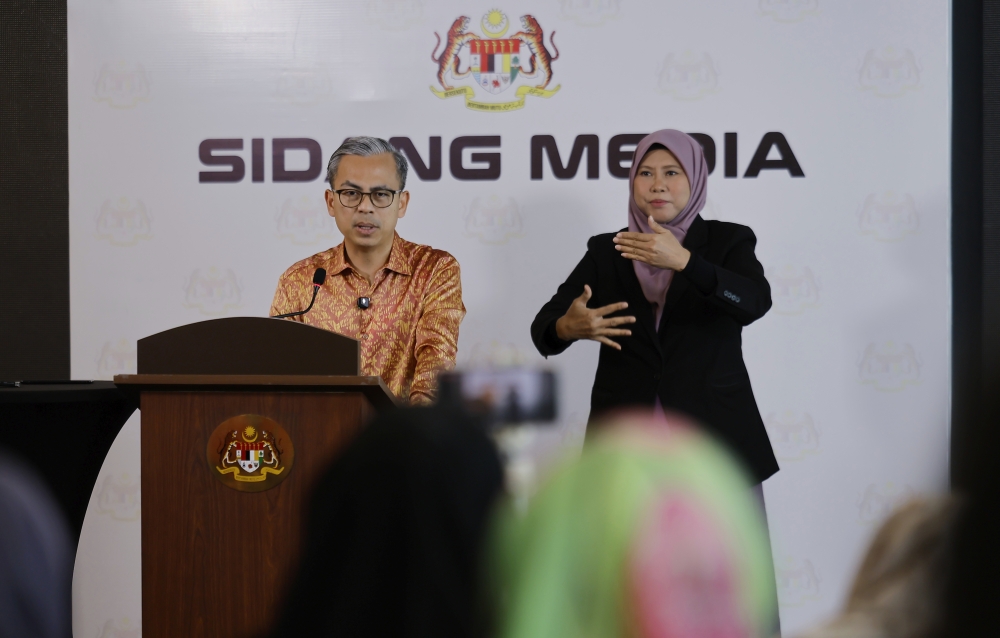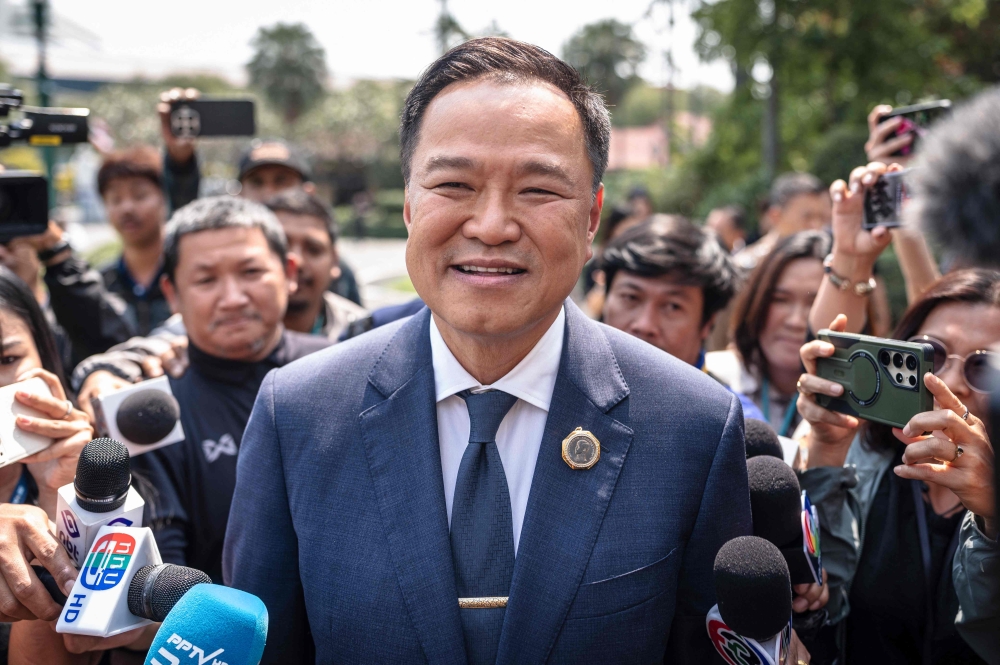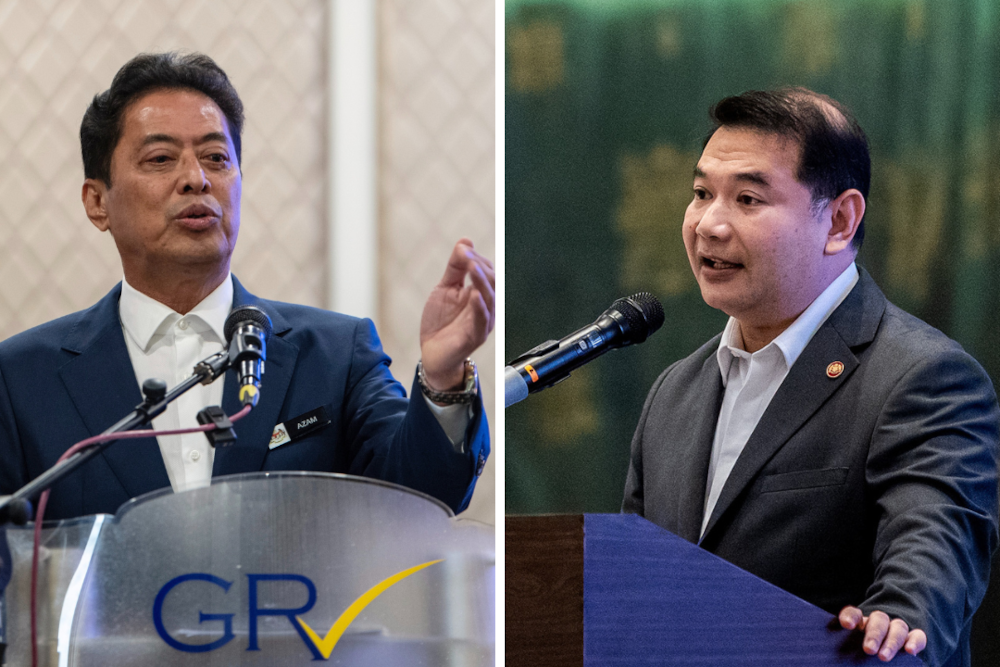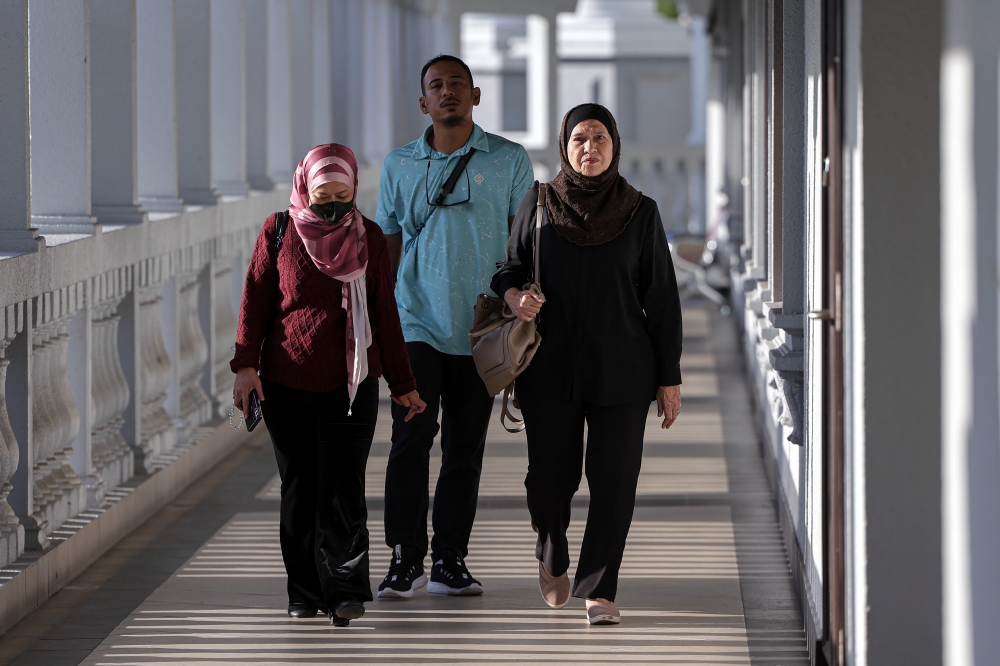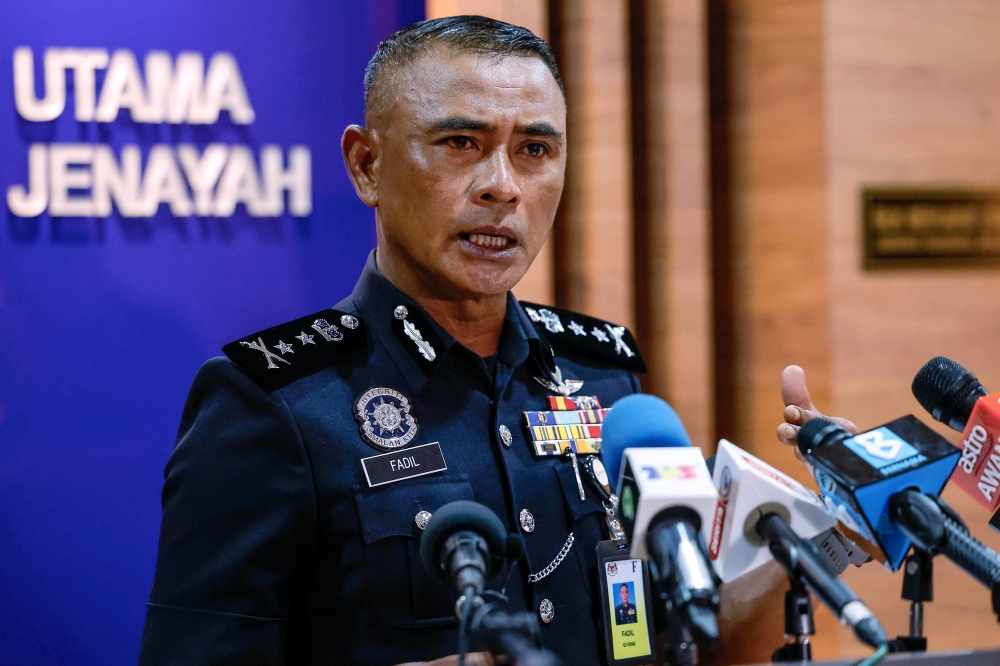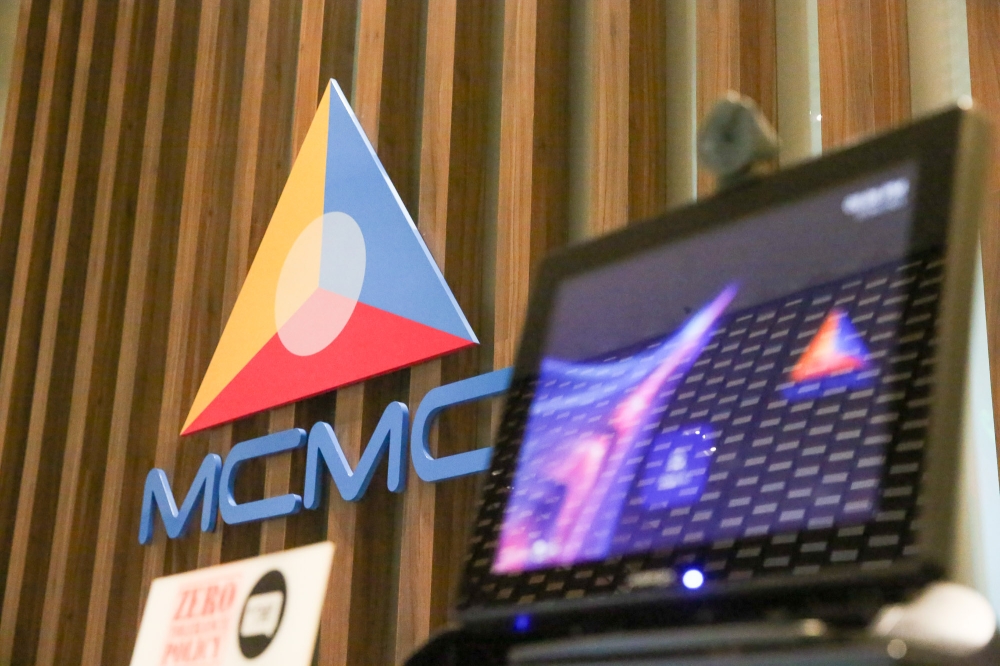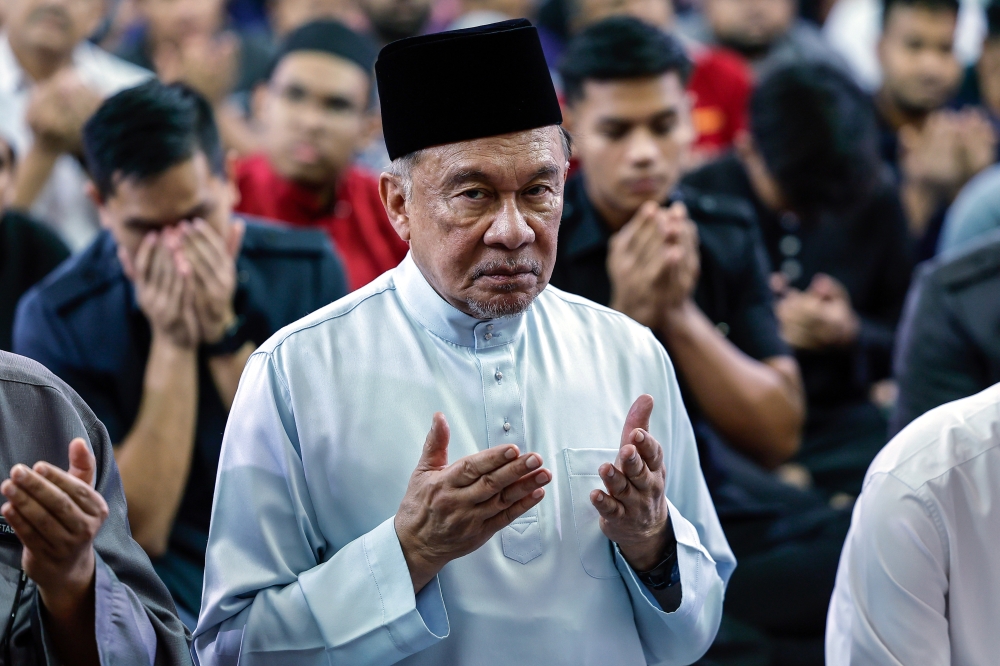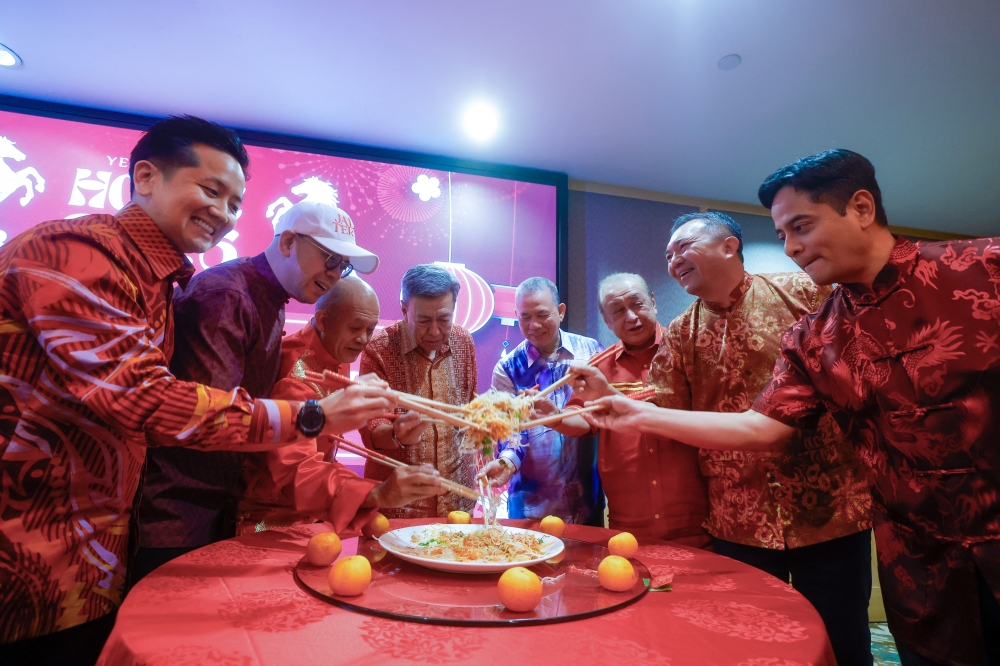BANGKOK, July 31 — Relations between Malaysia and Russia remain strong despite the catastrophic downing of Malaysia Airlines’ Flight MH17 five years ago, Foreign Minister Datuk Saifuddin Abdullah said today.
He said Malaysia and Russia were on the same page over the MH17 crash that killed all 298 people on board, including 15 crew members in 2014.
Asked whether ties between Malaysia and Russia had deteriorated following the tragedy, Saifuddin said “no”.
“On MH17, we are on the same page. We may have different reasons to be on the same page but we are on the same page, particularly we are uncomfortable with the efforts by certain quarters that were too quick in making accusations against certain countries and individuals while the investigations are still on-going,” he told the media, here, today.
Earlier, Saifuddin held a bilateral meeting with Russian Foreign Minister, Sergey Lavrov on the sidelines of the 52nd Asean Foreign Ministers’ Meeting (AMM), here, today.
Saifuddin said Malaysia remained steadfast in ensuring that investigations into the MH17 case were conducted in a proper, open and accountable manner.
Flight MH17 was flying from Amsterdam’s Schiphol Airport to Kuala Lumpur when it was shot down near Torez in Donetsk Oblast, Ukraine, about 40 kilometres from the Russian border, on July 17, 2014.
Passengers on board MH17 were from Malaysia, the Netherlands, Australia, Indonesia, the United Kingdom, Belgium, Germany, New Zealand, Canada and the Philippines.
In the Netherlands on June 19 this year, Dutch-led international investigators charged four people – three Russians and one Ukranian — with murder over the tragedy.
However, Prime Minister Tun Dr Mahathir Mohamad said Malaysia was unhappy with the latest report on the downing of Flight MH17, saying “there is no proof, only hearsay”.
On the bilateral meeting with his counterpart today, Saifuddin said they discussed a few matters including deepening cooperation in education and defence.
“We thank Russia for continuing buying palm oil from Malaysia, especially when we are facing boycott from the European Union (EU).
“On education, we are sending more and more students to Russia to study medicine. Malaysia is happy with the curriculum which is very advanced but Malaysia is also requesting for our medical students be given more exposure in terms of practical training.
“Besides that, Malaysia wishes to enhance cooperation in defence. Russia is one of the biggest suppliers of defence equipment. I told my counterpart that we would like to look into the possibility of enhancing cooperation, not just in buying or selling, perhaps in research and development too,” he said. — Bernama


